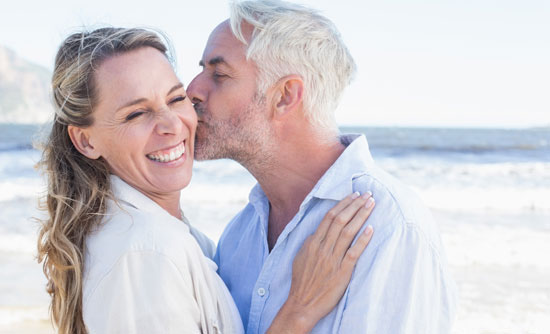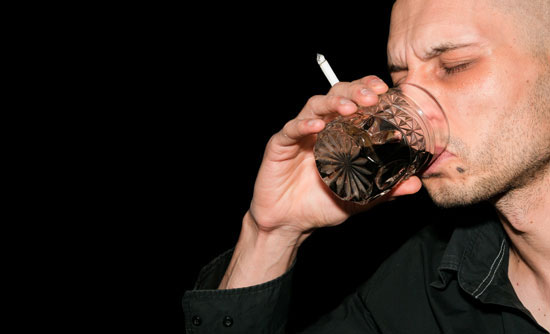
Take Care of Your Body (physiology)
by Charles Beeson
STOP the Stimulants & Alcohol!
All of the uncomfortable feelings or symptoms of anxiety and panic are physical.  It is important to take care of your body. Anything that interferes with your body’s ability to be calm, (a state created by the parasympathetic nervous system) should be avoided.
The great destroyers of calmness are stimulants and depressants, such as; Caffeine, Alcohol, Tobacco and Sugar. Avoiding these is a great first step in managing your anxiety.
Limiting Caffeine to Help Anxiety
Caffeine is the one of the few mood-altering drugs that can be obtained everywhere without a prescription. It’s the chemical ingredient found in coffee, tea, soft drinks and energy supplements that a vast majority of the world’s population uses to improve their mental focus, memory and energy level. If OVERUSED it can cause nervousness. the jitters, sweaty palms and increased heart rate. These effects are physical and are individually felt differently for everyone, depending upon their tolerance level for this stimulant.
Caffeine consumption does NOT directly cause anxiety, but many anxiety sufferers discover that these physical symptoms can create the anticipation of having another anxiety or panic attack. This perception can spiral into the next attack.
This is especially true of severe panic attack disorders, where the minds focus is mostly on the physical symptoms being felt. This differs from anxiety attacks, in which the minds focus is on the specific cause of a stressful threat or worry about a future situation.
A person that’s having frequent panic attacks should avoid caffeine use completey or dramatically cut-back!
Alcohol and Anxiety
A little alcohol (one cocktail) can be relaxing, relieve minor degrees of stress and anxiety, and, make you feel more confident. This is because it discrupts the brain’s neuro-receptors, temporarily supressing inhibition.
These are the effects of a depressant that changes your brain chemistry.  As alcohol levels are increased, these perceived pleasurable effects are often times replaced wth the negative emotional state of anger, depression, fear or anxiety.
Alcohol can distort your perception of reality, causing and increasing irrational fears, theats or sadness. Â This can often lead to inappriate behaviour that destroys personal relationships at home, work or school.
Those dealing with anxiety should limit their attempts to self-medicate with alcoholic beverages of any kind. The InstaCalm Program can help you deal with anxiety and alleviate the need to abuse alcohol.
Tobacco Increases Anxiety
Smokers often believe that their cigarettes help them to relax. They don’t understand that nicotine is a stimulant and actually increases their level of stress and anxiety.
Research studies have shown that smoking causes 3 Types of Anxiety Disorder Symptoms to be made worse. They are Generalized Anxiety Disorder, Panic Disorder and Agoraphobia.
The urge or craving to smoke is an anxious feeling that is a result of nicotine withdrawl. These feelings add to other physical symptoms of anxiety and nervous tension.  If you smoke, here’s one more reason to QUIT!
Sugar Consumption and Anxiety
Sugar does not cause anxiety. But, it can make it more difficult to manage. Most modern diets are loaded wth sugar in its’ various forms of refined white sugar, corn syrup, fructose, cane sugar, beet sugar, honey,etc. It’s found in most processed and packaged foods. Research has shown that increased amounts of blood sugar can cause inflamation in parts of the brain.
Brain inflamation interfers with the neuro-transmission between brain cells responsible for mood, memory, learning and proper cognitive functioning. This can greatly hinder your ability to change your thought process in order to stop anxiety and panic. Cutting-back on your sugar consumption can help you end your anxiety.
The Self-Help Tools for Stopping Stress-Triggered habits can help you reduce these problem stimulants
Make sure you are getting enough sleep and drinking plenty of water. Eat more veggies and salads. Avoid high fat foods.
Think about your posture when standing or sitting. Are you slumped-over?  Try to keep your back straight and shoulders back. This can contribute to proper breathing and improved self confidence.
Self-Help Tool for Technique #1:
“Stop Smoking with Hypnosisâ€
Calm Your Body & Mind
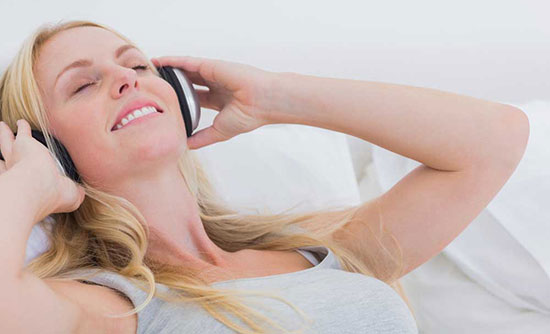
Constant “fight or flight” responses through your nervous system, wears down the body & mind. Deep relaxation helps you reduce stress & anxiety.
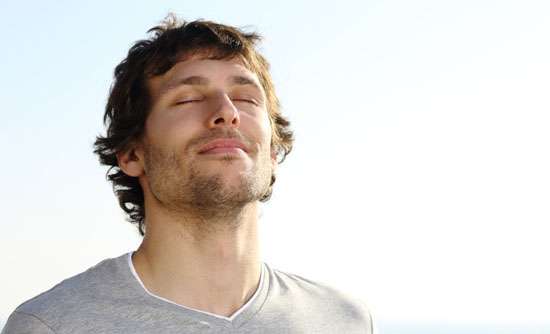
During anxiety attack, breathing becomes fast, shallow, and from the top of their chest (diaphragm). This creates a difficult to breath feeling.
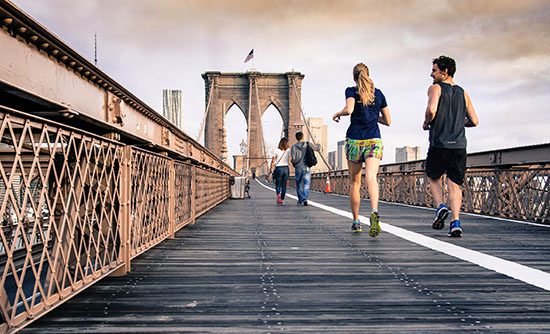
It’s proven, that exercise reduces stress, anxiety and depression. If you’re suffering with anxiety, you wish you could take a pill and have it quickly go-away.

STOP Stimulants & Alcohol! All uncomfortable feelings or symptoms of anxiety & panic are physical.
Change Your Mind’s Perception
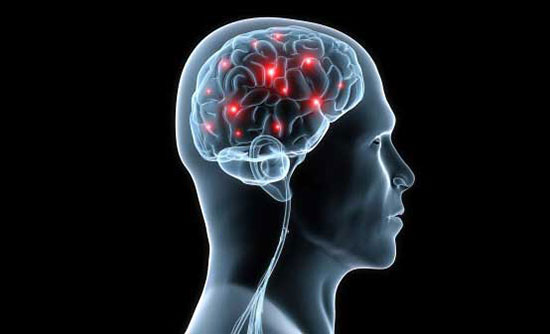
Release Anticipation Anxiety in Seconds through “Time Line Therapy®”. I consider it the most powerful tool in my tool box.
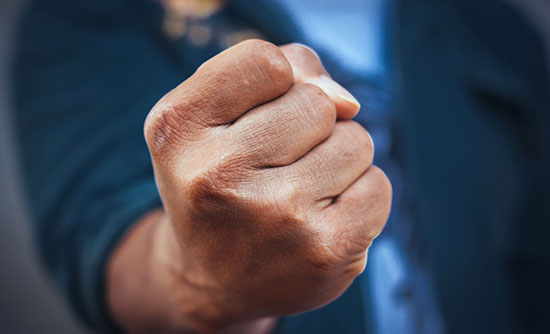
“Anchoring” comes from a study about self improvement, called Neuro-linguistic Programming (NLP).
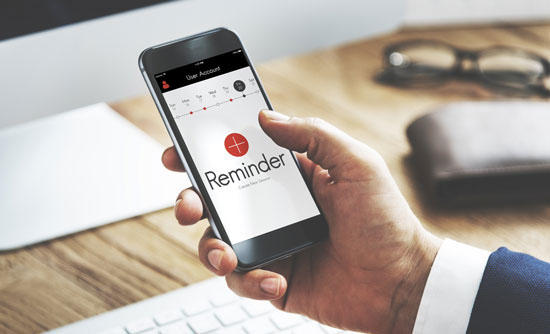
Anxious thoughts the most agonizing symptoms of Generalized Anxiety Disorder. This amazing method will make them disappear.
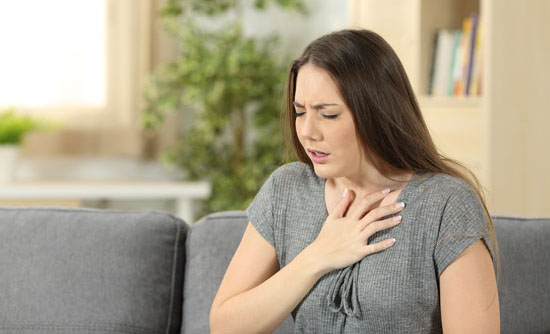
When you are having an Anxiety Attack or Panic Attack, your normal, cognitive thought process is to want to try and stop it.

Having confidence in your ability to use techniques like these… to control & manage your anxiety is important.

